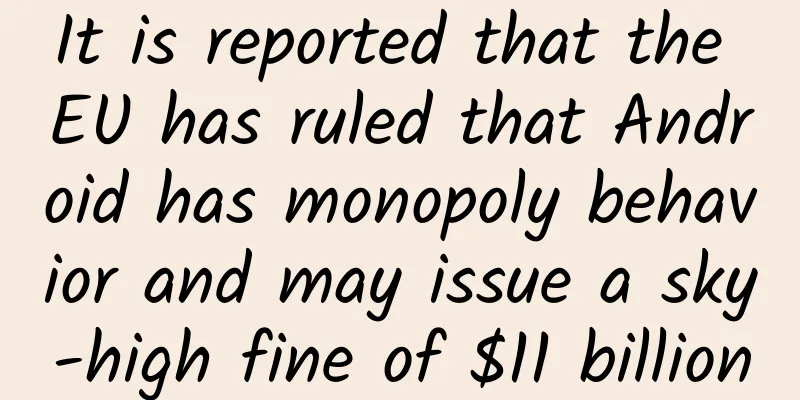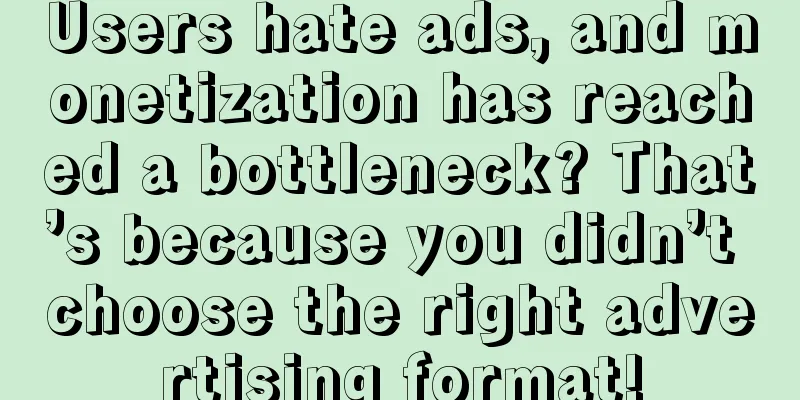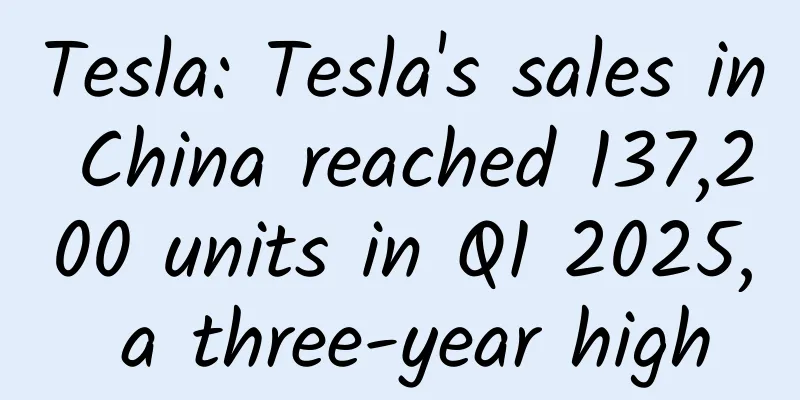It is reported that the EU has ruled that Android has monopoly behavior and may issue a sky-high fine of $11 billion

|
According to foreign media reports, Alphabet's stock price fell on Wednesday, affected by the news that EU officials will hit the company with "negative consequences" and fine it $11 billion for abusing its dominant position in the Android mobile operating system. The Financial Times reported on Wednesday, citing sources, that EU antitrust commissioner Margrethe Vestager will make a ruling on this in the coming weeks. The specific amount of the penalty is still unclear, but the European Commission has the authority to fine Alphabet up to $11 billion.
After the news came out, Alphabet's stock price plunged more than 1% during the trading session on Wednesday. At the close of trading, the company's stock price stabilized slightly, down $2.78 from the previous trading day, a drop of 0.24%, closing at $1,136.88. Based on this closing price, Alphabet's market value is approximately $794.3 billion. Due to growing concerns about Alphabet's technology monopoly, the European Commission, the EU's antitrust agency, has previously launched three antitrust investigations against the company. Critics and lawmakers have been advocating for the breakup of dominant technology giants such as Google, Amazon and Facebook. However, so far, the biggest threat to Silicon Valley still comes from Europe. Alphabet warned investors last year that the European Commission's investigation into the company could end in 2018 and that the company could face a huge fine. Last June, after a seven-year investigation, the European Commission ruled that Google abused its search engine market dominance and provided illegal advantages to other Google products (comparison shopping services), and therefore issued a 2.42 billion euro (about 2.7 billion U.S. dollars) fine to the company. Prior to this, the largest antitrust fine issued by the European Commission was a 1.06 billion euro fine imposed on chip giant Intel in 2009. The European Commission began investigating Android in 2015. In the contract signed between Google and mobile phone manufacturers, the company required the latter to pre-install a folder. This folder, which appeared on the homepage of the mobile phone, contained 11 applications. Vestager has previously said that Google has suppressed innovation by making it more difficult for other apps to gain user attention. She said, "By requiring device manufacturers and operators to pre-install their own apps, rather than enabling them to decide which apps to pre-install, Google may have blocked one of the main channels for new apps to be noticed by users." Google has responded to this statement. The company said that consumers have the right to decide which app to use. However, some operators and hardware manufacturers do not agree with Google's point of view. An anonymous European telecommunications industry executive said, "How can we compete with Google when users don't even know about competing products?" Google's relationship with Android is different from Apple's relationship with iOS. Google doesn't make all Android phones, so third parties such as phone makers and carriers that sell their own branded phones can publicly complain about Google. Android's antitrust lawsuits in Europe are partly rooted in Google's fraught relationship with European telecom operators. European telecom executives said regulators' push for antitrust lawsuits against Google was the result of constant lobbying by operators. Telecom executives believe that Google's promotion of its own apps makes it difficult for them to promote their own video or email apps, limiting their ability to sell ads and weakening their voice in revenue-sharing negotiations with Google. Android phone makers also complained that it was difficult for them to differentiate their devices from those of competitors because they could not freely choose which apps to pre-install on their devices. Google executives responded that carriers and phone makers were not restricted from pre-installing their own apps on phones. If carriers or phone makers did not want Google apps, they were not forced to pre-install them. So far, neither Alphabet nor EU officials have commented on the report. |
<<: Apple's chief software engineer: Why iOS and macOS will never merge
>>: What kind of programmer is a programmer who wrote 1 million lines of code?
Recommend
Uncovering the Violent Pornography on WeChat
“You can never cheat the Chinese out of their mon...
The lethal ingredient in Kobayashi Pharmaceutical's red yeast rice may be "penicillic acid". What exactly is it?
Recently, Kobayashi Pharmaceutical, a well-known ...
Is it true that you can earn 2 million yuan a year by recycling old clothes? What is the use of recycling old clothes?
Do you know where the clothes you throw into the ...
The evolving choice of China's home appliance industry from mechanical to humanized intelligence
It cannot be said that the "collective carni...
The latest list of sealed-off communities in Shenyang in 2022: Which specific communities need to be quarantined? Attached is the latest news!
Recently, new cases have appeared in some areas o...
How does Pinduoduo achieve user growth?
Since 2017, remarks about the arrival of the ceil...
What are the functions of the mother and baby WeChat applet? How much does it cost to develop a WeChat mini program?
As a typical representative of the market segment...
Video websites have successively established film companies to fight against the shift to the big screen
After iQiyi and Huace Film & TV jointly annou...
Let the robot play table tennis, can it catch the ball with both forehand and backhand, and spin? Netizens: See you at the Olympics!
Written by | Ma Xuewei Preface Robots can now pla...
How to promote user sharing and dissemination?
For internet dogs, it is easy to organize an even...
After the bubble, the iceberg and fire of smart hardware
[[123651]] As the passion of smart hardware entre...
How can Chinese skin care products make a comeback in the 618 marketing on Xiaohongshu?
In the beauty market where international big bran...
Huawei's full-module business management training camp, a series of high-quality courses on the best business management practices of benchmark companies, worth 4999
Huawei's full-module business management trai...
Xiaohongshu Professional Account Operation Guide | Brand Private Domain Strategy
On August 2, Xiaohongshu launched major new regul...
On the Qixi Festival, after the CP, the love objects are also added - the friendship between Zi Zhong, Jiang Pan and Jin Qi
Qixi Festival, after the CP, the love objects - t...





![[Yi Dian News] Three killer skills and three traps for content operations!](/upload/images/67cc377aab330.webp)



